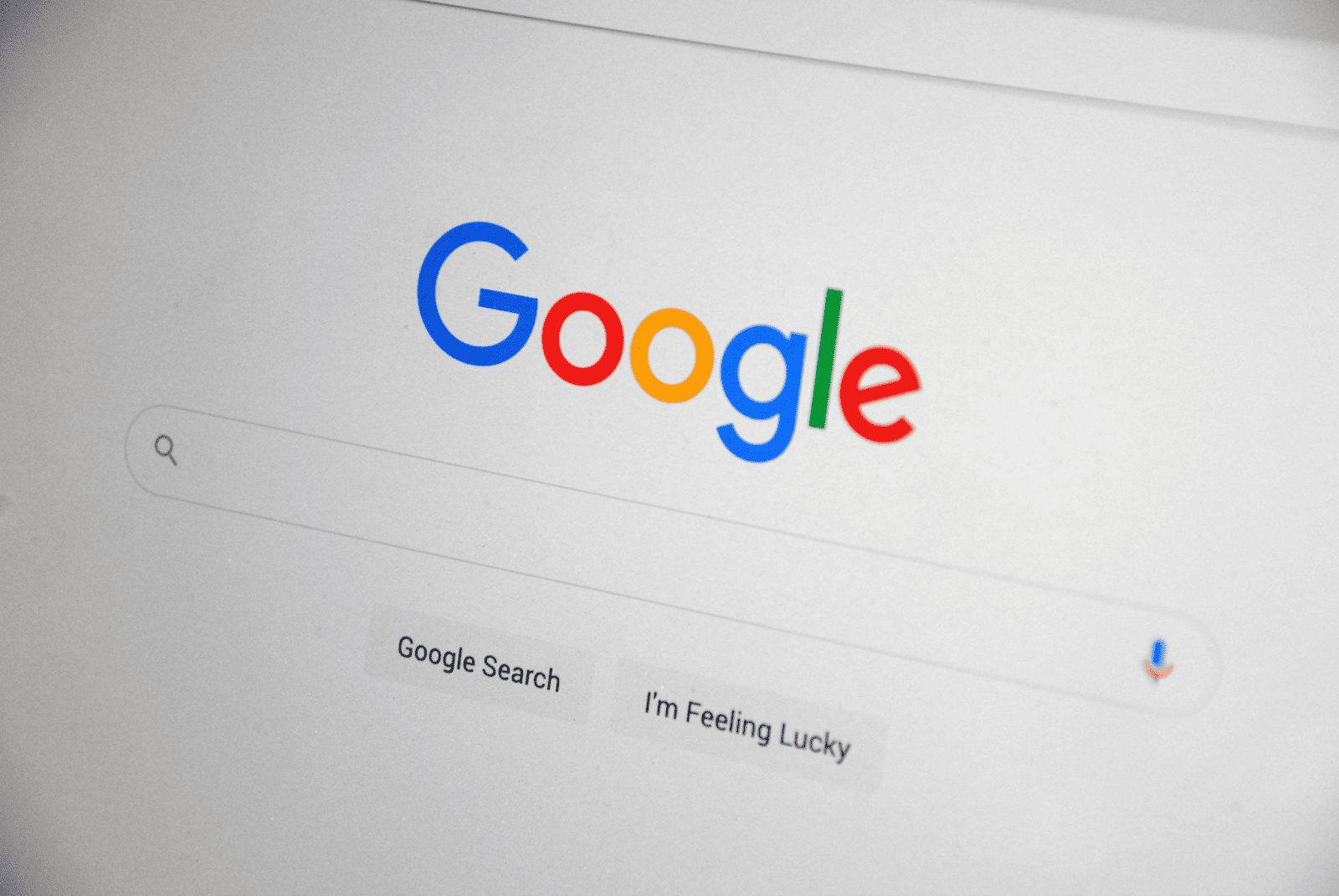In this post, I will discuss people search sites and your privacy. Also, I will show you fast methods to stay safe online.
In the modern world, your personal information can be stored anywhere and transferred from one database to another without your knowledge. One of the biggest culprits of this loss of control is the looming people search industry. It is a web of data collection services that aggregate, compile, and publish personal details for anyone they find.
These services market themselves as harmless directories and background check tools and raise major privacy concerns for everyday users. To make matters worse, they also compile data as individuals search for you and deposit relevant information into their database.
This is the most common reason why a home address, phone number, or a relative’s name appears online. To remove this information, it is first essential to understand how people search on sites. This will provide valuable insight into what should be the best course of action for protecting your digital identity.
Table of Contents
How People Search Sites Work
People search sites work by gathering information from various sources, including public records, social media accounts, data brokers, and voter registration databases. Put simply, they scrape data that already exists across multiple sources and compile it into data profiles in their databases.
While all the data they collect is considered public, the privacy issue arises due to how they collect this data. Through the insights they gain from their algorithms, they connect data that would otherwise be difficult to combine into a single profile. To make matters worse, they don’t simply collect the data and sell it in the background like data brokers; they display it publicly.
All that it takes for someone to look up one of these profiles on a people search site is your name, address, phone number, family members, and any other relevant data. With this, they instantly gain access to a compiled profile of data that was once scattered across dozens of databases. However, through search sites, it is made easily accessible through a single partial query that contains some of your personal data.
Most people search sites that openly function as search platforms, while others take the data broker approach to sell detailed reports. The challenge of regaining privacy due to people search sites stems from their automated algorithms. These algorithms continuously update data feeds, meaning that even if you remove a listing today, it can reappear within weeks if the site refreshes its source.
As a result, many individuals choose to opt out as a means to safeguard their data and regain their online privacy. On the other hand, some individuals might neglect the need to regain privacy and allow their data to run rampant on the internet. To understand why this approach is so problematic, let’s examine the importance of online privacy.
Why Your Online Privacy Matters More Than Ever?
Online privacy is one of the most important aspects of digital browsing that many people ignore, and it is only becoming more important over time. It is the best way to protect yourself from the risks of identity theft, phishing, and doxxing. Cybercriminals are increasingly utilizing leaked data to impersonate individuals or target them for highly personalized and believable scams.
Most individuals think that this only concerns celebrities, because ‘’who’s gonna care about some nobody”, but this is a very common misconception. Casual users are far more common targets than public figures, especially those who are vulnerable to digital cybercrime.
For example, individuals who have a lot of personal information publicly available, or the elderly. As such, it is essential to minimize oversharing online and limit the amount of your data that is publicly available in the ecosystems that search sites rely on.
How to Check What Information About You Is Public
As is the case with all efforts to reclaim your privacy, you will need to determine how much of your data is truly out there. The best course of action is to first open up a private browsing mode to ensure unbiased results from your search history and tracker cookies.
Begin by searching major search engines and people search sites for your personal information. It is best to try multiple variations that include personal data such as your name, surname, phone number, address, city, and such. If you encounter more data than expected, it’s time to take action.
First, take note of every website that lists your information and create a document that has all the relevant links, website names, and types of data displayed. This will help you visualize the scale of the available data and aid you later when you go to remove it.
Fast and Reliable Ways to Remove Your Data
Removing personal information from the internet takes effort, but it is very doable. Generally, data removal is the process of sending data removal and opt-out requests to pages that hold your data.
For pages apart from people search, the process is a bit longer, but still doable if you set aside the time to individually contact every page that holds your data. Luckily, fast people search removal is a painless process that anyone can do with just an email as a requirement.
The alternative to all of this is automated privacy services that streamline the process. These tools are incredible and offer amazing accessibility by automatically submitting opt-out and data removal requests on your behalf.
Regardless of whether you choose the manual or automated option, be aware that persistence is key and that you should constantly monitor your digital footprint.
More Steps to Strengthen Your Online Privacy
Even after your data is removed from people search sites, you can take these steps to limit future exposure:
- Adjust all public account privacy settings
- Switch to privacy-focused tools and browsers
- Improve account security with Password Managers and 2FA
- Think before posting public content
These are all small but important habits that make a big difference in the long run. Over time, they will all minimize your digital footprint, making data harvesting that much more difficult.
Legal Rights and Data Protection Options
Based on the region, there are privacy laws that you can utilize to remove data you have unknowingly released or simply don’t want to be public. Privacy laws, such as the GDPR and CCPA, are among the most significant regulatory acts regarding data security. They give individuals the right to access, correct, or delete personal data held by companies simply by making a request.
Companies must comply with these requests; otherwise, they may face fines and penalties for violating the law. These privacy laws are invaluable to digital privacy and continually increase their standards to meet the evolving needs of the current digital landscape.
There is a chance that you might live in an area that isn’t covered by these laws, so you might not be able to protect your data as easily as in some other regions. For this reason, it is essential to prioritize a more privacy-focused browsing experience online and stay safe.
READ ALSO: How Online Content Removal Is Colliding With Open-Record Laws
Quick Checklist: Staying Safe Online
| Action | Why It Matters |
| Search your name on major sites | Locates where your data is stored |
| Submit opt-out requests | Removes personal details from public listings |
| Use privacy monitoring tools | Tracks and prevents data from reappearing |
| Adjust social media privacy settings | Limits future exposure |
| Use password managers and 2FA | Improves account security |
| Review and utilize privacy laws in your region | Clarifies your legal rights |
Conclusion: Taking Control of Your Digital Identity
People search sites are a form of data collection that poses a significant privacy issue that can easily impact anyone.
For these services to collect data, you don’t even have to browse the internet or have a public account, as they can collect data from publicly available court documents, etc. Luckily, these platforms have to adhere to privacy laws and regulations, which allows individuals to delete their data through data removal or opt-out requests.
However, this still isn’t ideal as we can’t quite ignore the pressing issue of these platforms. To combat them, it is important to take privacy management more seriously. This includes incorporating them into your browsing habits and utilizing more privacy tools, such as data removal, to keep your personal information private.
INTERESTING POSTS
- Why Cybersecurity Matters for Software Development
- What Is A Data Broker? [Including Best Data Removal Service]
- Why Cyber Security Matters In The Field Of Education
- How IT Professionals Can Monitor Remote Employees’ PCs Without Violating Privacy Laws
- How Private Is Your Search History?
- What Is The Best Country For VPN Anonymity?
About the Author:
Daniel Segun is the Founder and CEO of SecureBlitz Cybersecurity Media, with a background in Computer Science and Digital Marketing. When not writing, he's probably busy designing graphics or developing websites.









